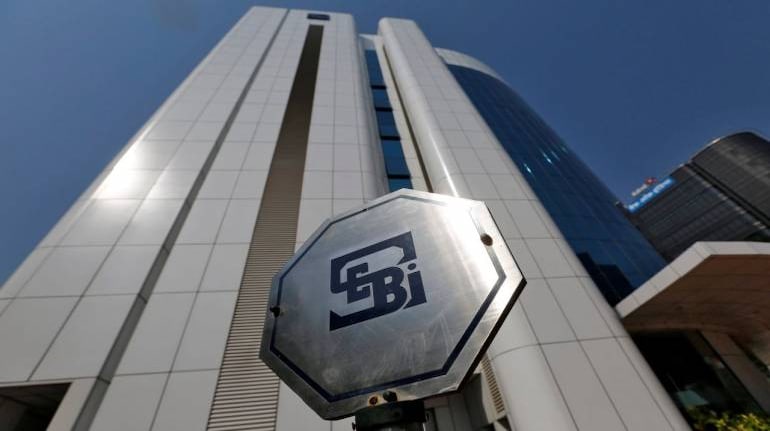



The Securities and Exchange Board of India (SEBI) on March 29 said it has allowed private equity funds to sponsor Mutual Fund schemes, and has also permitted the set-up of self-sponsored asset management companies (AMCs).
The decision to allow Private Equity (PE) funds as a mutual fund's sponsor were among many key decision that were taken at the SEBI board meeting on March 29, where the regulator gave its nod to key overhauls.
"We would like more innovation in the MF industry," SEBI chairperson Madhabi Puri Buch said, while commenting on the decision to allow the PE funds to sponsor MF schemes.
"Self-sponsored AMC will also be now allowed...Once their kids become mature, sponsors can exit without having to find a new parents for this grown-up child," Buch said, adding that this issue is a "very significant liberation in MF industry".
In January 2023 earlier this year, SEBI had released a consultation paper that reimagined the role of the sponsor. SEBI had invited public comments on the same. On March 29, it finally took the decision to allow new types of sponsors in the Rs 40 trillion Indian MF industry. In the next few days, SEBI will release detailed guidelines as to how the new type of trustees would look like and what safeguards have been put in place. For instance, as per SEBI's concept paper in January, schemes of a PE-owned fund house must maintain the same rigors and limits when it comes to investing in companies where the sponsor PE fund holds more than a 10 percent stake. Any such company headed for an Initial Public Offering (IPO) must also be avoided by the MF schemes.
The new-age mutual fund trustee
The SEBI also sharpened the role of trustees. This, says Buch, is done to ensure that the "principle focus of trustees should be to ensure that there is no potential conflict of between shareholders of the AMC and unitholders of the scheme."
Presently- adds Buch- trustees are bothered with a lot of procedural stuff. "Trustees must focus on those areas where they have fiduciary responsibility," she says.
Here again, expect further clarification in coming days from SEBI that will elaborate the granular roles of the trustees. SEBI also took the decision to the formation of a Unitholder Protection Committe under the AMC's board with a focus to protect unitholder.
Dent fund crisis, bye bye?
Another significant measure that SEBI announced was the creation of Corporate Debt Market Development Fund (CDMF). This is an independent, government - sponsored that will be set up to bail out debt funds in troubled times. Here's how it will work:
When debt market turn illiquid because of a wide-spread contagion that affects the entire debt market, including multiple or all fund houses, this fund will buy illiquid securities from debt funds. The corpus would act a buyer so that debt schemes can sell their securities to generate enough money to facilitate smooth redemptions.
Also read | How did Franklin Templeton crisis emerge and can the fund house win back its investors? The complete story
Mutual funds would also be mandated to contribute to this corpus. Specified debt funds (SEBI will notify the details shortly) will invest a certain percentage of their corpuses (SEBI will announce this as well), and the said investment will reflect in those schemes' factsheets.
When crisis hit, SEBI will ascertain the gravity of it and then take a final call of when the corpus can be used. "If a single fund house faces an illiquidity issue, this corpus will not be available to it. It is only when the issue is spread across market that we will press the button that will activate this corpus," says Buch.
Discover the latest Business News, Sensex, and Nifty updates. Obtain Personal Finance insights, tax queries, and expert opinions on Moneycontrol or download the Moneycontrol App to stay updated!
Find the best of Al News in one place, specially curated for you every weekend.
Stay on top of the latest tech trends and biggest startup news.